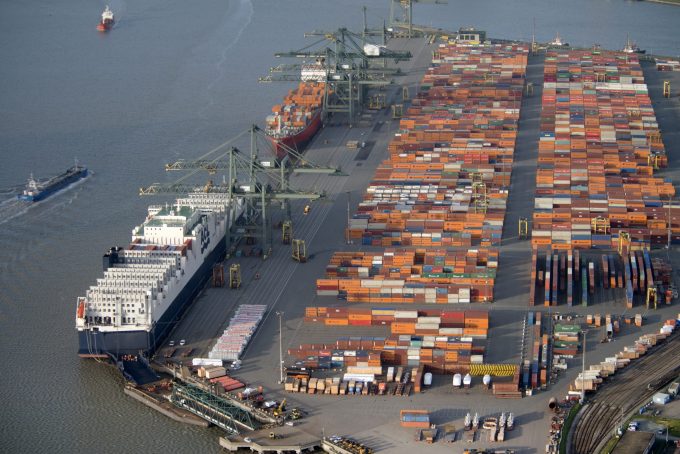Supply chain disruption costly for shippers, but helps build resilience, says Maersk
The regularity of ‘black swan’ events has meant unexpected costs for European shippers, according to ...

In another letter to the European Commission (EC), ten shipper and forwarder organisations have again outlined their concerns over the liner shipping market, raising the new complaint that carriers are abusing their dominant position to obtain commercially sensitive data.
According to the letter, seen by The Loadstar, the information liner shipping companies want relates to the location, volumes, timings and destination of freight moved by cargo owners, and could be deemed commercially sensitive data.
The letter claims this information: “Is quite likely ...
Amazon pushes into LTL for small package fulfilment and UPS does a u-turn
New senior management for DSV as it readies for DB Schenker takeover
Volumes set to 'fall off a cliff' as US firms hit the brakes on sourcing and bookings
Asian exporters scramble for ships and boxes to beat 90-day tariff pause
Temporary tariff relief brings on early transpacific peak season
'Tariff madness' will prompt renegotiation of ocean shipping contracts
Forwarders 'allowing the fox into the chicken run' by supporting 'hungry' carriers
Response to tariffs by Chinese importers may see extra costs for US shippers

Comment on this article